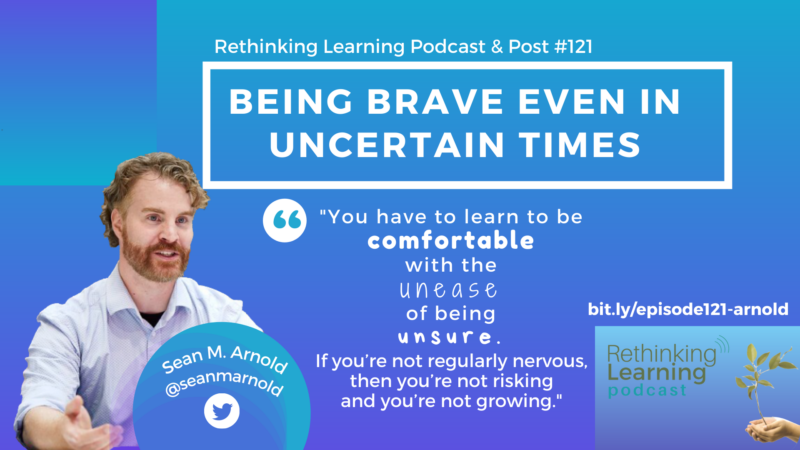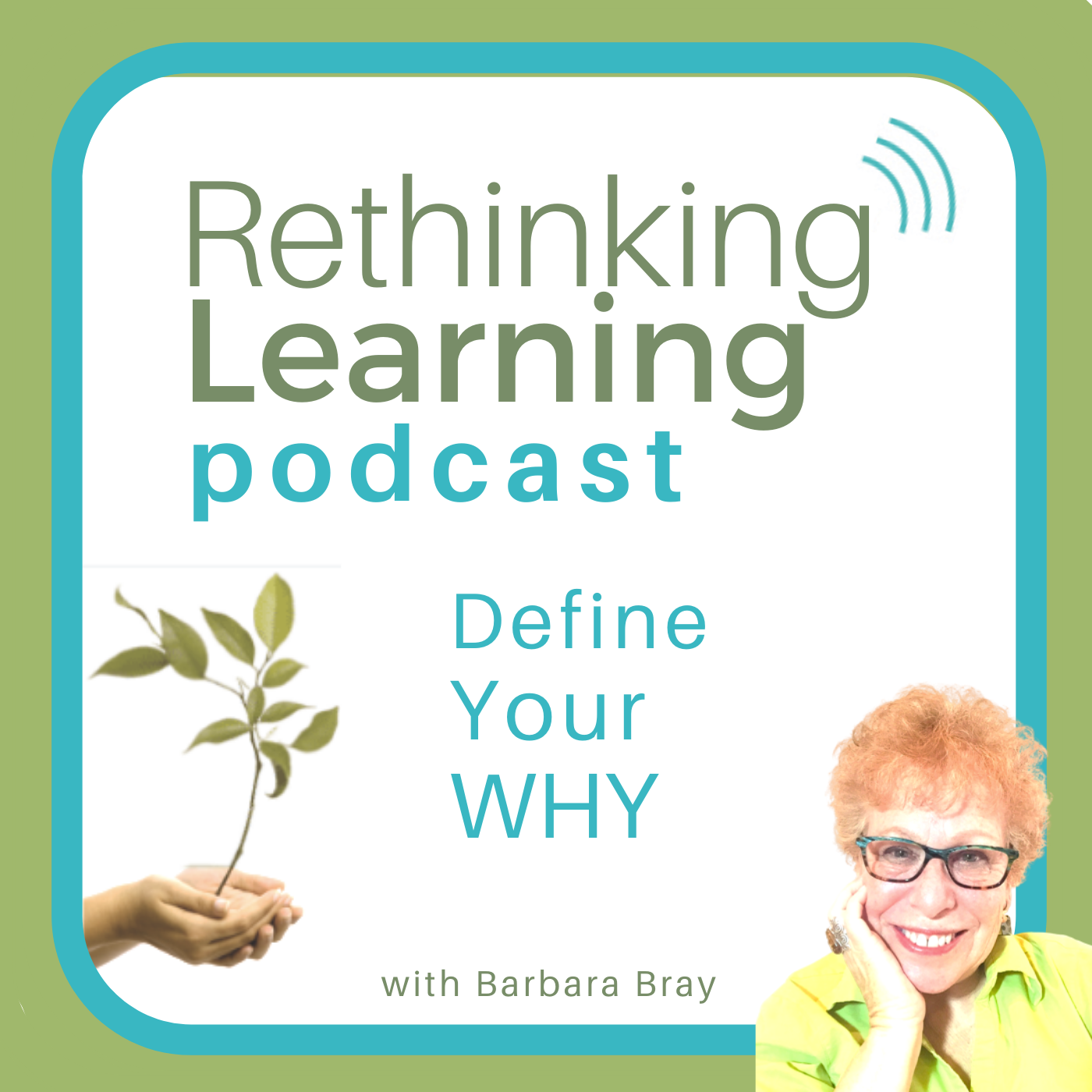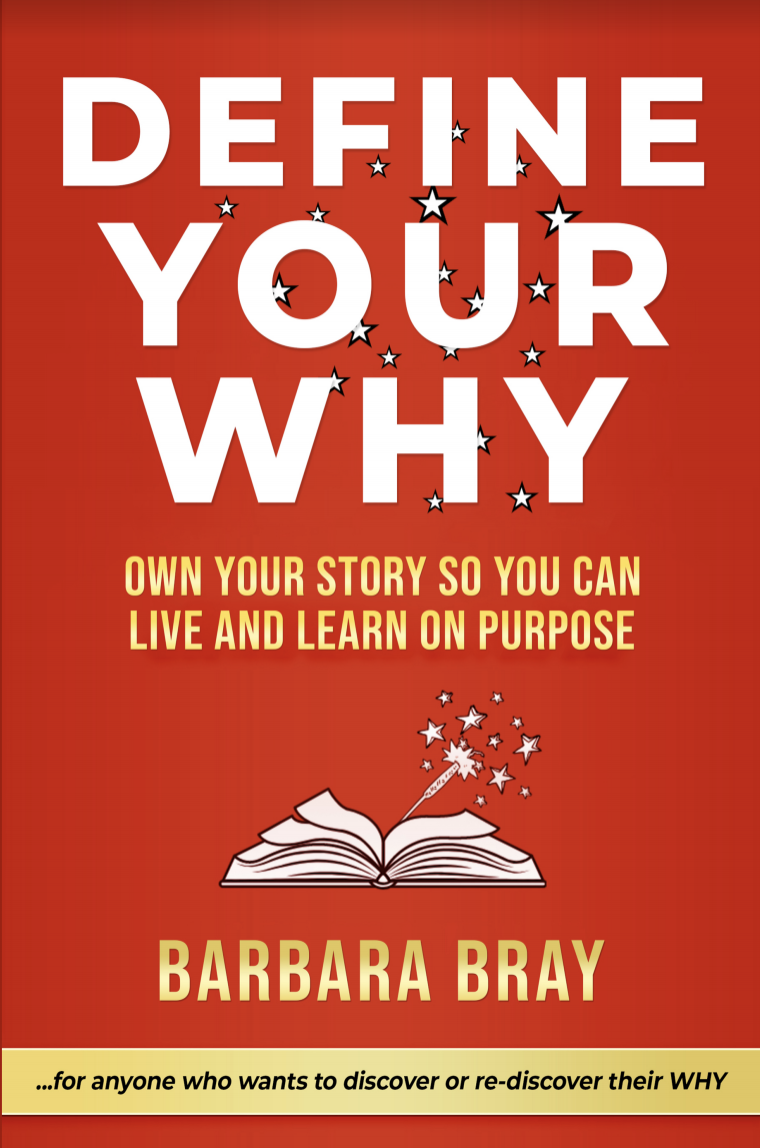Podcast: Play in new window | Download
Subscribe: Spotify | TuneIn | RSS
Sean Arnold has had a number of roles in his life, from construction worker to actor to musician to salesman to a bartender to tv news crew and a number of things in between. He is also a special educator and STEM Coach who has taught in New York City’s District 75 citywide special needs program since 2005.
Background
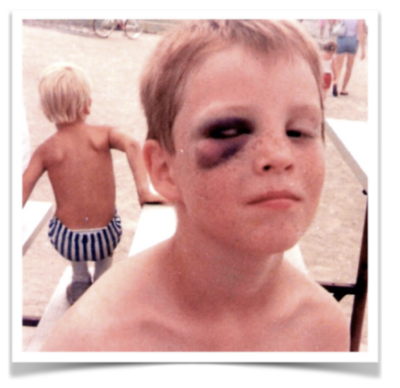
I’m not originally from New York City. I was born on the south side of Chicago, but my family moved around a lot. I had been in 8 different schools by the time I was in third grade. It was difficult for someone who was fond of patterns and consistency. So while we moved to the suburbs at a point and even a rural farm eventually, I still felt like a city kid.
I grew up as a middle child with two energetic brothers. That led to multiple black eyes, a number of stitches, and countless bruises. But I think we generally had fun even if we were all very different. There was my daredevil older brother literally juggling knives and jumping off roofs, my sensitive younger brother rarely speaking and needing help in special education, and me-the responsible academic one and always the intermediary.
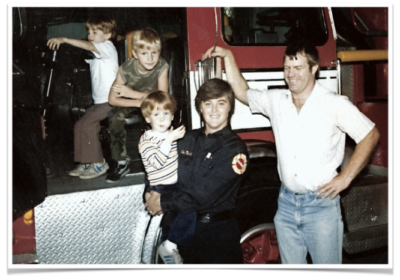 Despite our challenges, we bonded, perhaps due to our collectively diagnosed ADHD (which for me would later be adjusted to put me on the spectrum) or due to a variety of shared traumas. I won’t go into all the details as there were a number of them, some greater and some less. One interesting incident that falls somewhere in the middle of that hardship spectrum was when we were at home and our house caught fire. Gladly we knew what to do despite my parents being away because my mom was on duty as a firefighter that very night. I think her independence and strength in areas that were often stereotypically male have also led me to always seek strong women as many of my closest friends.
Despite our challenges, we bonded, perhaps due to our collectively diagnosed ADHD (which for me would later be adjusted to put me on the spectrum) or due to a variety of shared traumas. I won’t go into all the details as there were a number of them, some greater and some less. One interesting incident that falls somewhere in the middle of that hardship spectrum was when we were at home and our house caught fire. Gladly we knew what to do despite my parents being away because my mom was on duty as a firefighter that very night. I think her independence and strength in areas that were often stereotypically male have also led me to always seek strong women as many of my closest friends.
Ultimately, we left the city to go to my father’s hometown in rural Barry, Illinois when I was 14. Before that, we just visited in the summer where I was put to work bailing hay or slaughtering a pig. It was still a big culture shock though to me when we moved fully. But I think my having to adapt to a variety of social spaces is why I’ve always felt a duality to my nature. It has involved connections between urban and rural, athletic and artistic, quietly focused and explosively loud, introverted and outgoing, or masculine and feminine. And I guess that along with what friends describe as my eccentric nature, are what have made me feel capable of existing almost anywhere but comfortable almost nowhere. And so I’m always seeking to improve myself and the world around me perhaps in some deep need to find that comfort or meaning in the madness.
School
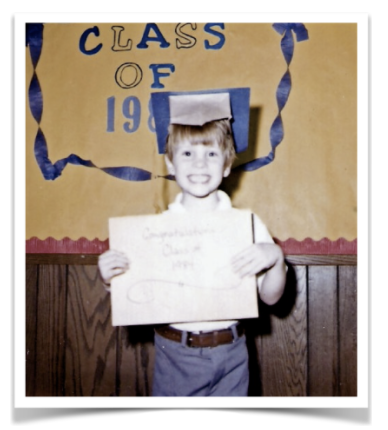
School always came fairly easily to me academically. The kind of monotonous tasks for taking tests or memorizing facts, which it seemed most of my education was for me, was right up my alley. The problem often was though that I would get finished with work quickly and then get in trouble for being disruptive. That happened a lot. I had some great teachers who gave me sketchbooks I could use when I finished or engaged me in ongoing tasks. But many were boring and would yell when I got a bit antsy.
It wasn’t long before my brothers and I were all diagnosed with ADHD, as I had noted. Medications were prescribed, but I quickly refused to take any. I found it numbed me and made me less adept. Eventually, I learned some coping mechanisms whether playing Connect 4 in my notebooks or programming on my graphing calculator with games when I got older. And other times I would stare at the clock in my boredom while calculating the least common denominator of the time as it passed. That was after years of detentions, notes home, and skillfully learning to copy my mother’s signature. So even though I was good at the tasks of school, I usually only enjoyed it when I had hands-on outlets I could get lost in like in music, art, or science class. The tasks were easy, but sustained focus on something uninteresting was hard. Although I’d learn I was actually amazing at focusing to the point of ignoring all else in the world, if only it was something I found worthwhile.
Family Now
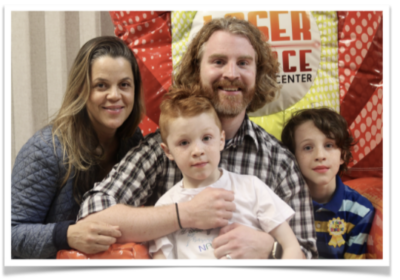 Now I live on the border of Brooklyn and Queens in New York City in what is the most diverse county in the United States. I live with my Brazilian wife and two thoughtful but rambunctious boys, ages 10 and 14. I actually met my wife at church and our first day was going ice skating in January and a picnic in the snow, two things she had never done before. She too was not normal, so I think that allowed us to connect.
Now I live on the border of Brooklyn and Queens in New York City in what is the most diverse county in the United States. I live with my Brazilian wife and two thoughtful but rambunctious boys, ages 10 and 14. I actually met my wife at church and our first day was going ice skating in January and a picnic in the snow, two things she had never done before. She too was not normal, so I think that allowed us to connect.
My boys are good students who love soccer and video games. But they are quirky New York City kids who prefer sushi to hot dogs. The youngest refuses to eat cake, but both have willingly eaten grubs in Chinatown. So they are weird, but I enjoy it.
As An Educator
It still seems odd to discuss why I became a teacher when I originally never wanted to be a teacher. I had a few great ones, but I definitely had some bad ones too. I found many teachers to be boring or indifferent. I got good grades, but, as I said, little of my learning happened at school.
Some teachers even chucked pencils or erasers at me for talking in class, because they wrongfully believed a quiet room was a learning room. I had ones who thought homework was more important than sleep-even when you could ace the tests without doing it. And more than anything I saw how teaching took a toll on my parents physically, emotionally, and financially. I wanted no part of it.
So for years, I pursued other careers with relative success-but it felt empty. I took every opportunity in those jobs to work with children. Even in my personal life, I would have parents thank me for spending the party occupying their kids by playing with them. The parents didn’t understand that I’d rather discuss my favorite superheroes and which M&M color I like best far more than I would a mind-numbing evening with most adults. The kids also didn’t judge my social awkwardness.
So eventually I broke down and realized I was a teacher in spirit. So I got my feet wet volunteering as part of an after-school Americorps program teaching music to gifted students. From there I learned of the NYC Teaching Fellows program which brings outsiders into education.
Why Teaching
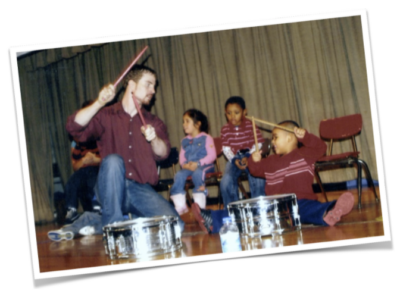 So I show up for my interview which is almost like an audition for several teachers at once. I sat through mostly mind-numbing and confusing lessons from others. My turn came and I taught a room of cynical NYC adults to play recorders in about 15 minutes and they were having a blast. We made a whole game of it. I’m thinking this is it. This is what I’m supposed to do. And I hear from the proctors, sorry but this is not the kind of instruction we’re looking for.
So I show up for my interview which is almost like an audition for several teachers at once. I sat through mostly mind-numbing and confusing lessons from others. My turn came and I taught a room of cynical NYC adults to play recorders in about 15 minutes and they were having a blast. We made a whole game of it. I’m thinking this is it. This is what I’m supposed to do. And I hear from the proctors, sorry but this is not the kind of instruction we’re looking for.
I was devastated to be told that I could not be what I had determined I was. After some wallowing, I was reminded I could try again. So about a year later, I cut my long hair, put on a decent suit, and go to teach a by-the-book quadratic equation lesson. 3 others in my group taught nearly the same thing. And with that, I was judged adequate and accepted to the program. I learned my lesson. Keep your head down. Conformity is key. Don’t try to be anything outside the norm.
The only interesting choice I made early on was to express my interest in District 75, citywide special education. I thought of my, now very successful younger brother who had participated in special ed and the Special Olympics. And I was offered my first job to teach music working heavily with students with autism. Interestingly that would wake me from my stupor as I had no idea what I was doing.
I studied all I could, but it prepared me little. I started to try anything I thought could be effective. Early on I had the kids play musical note Twister, and I was amazed that these kids who were supposedly incapable of retention were learning their notes. Granted I also realized the shortcoming that they didn’t know left from right, but some labeled gloves solved that. Then I played with how tech could make music accessible. So not only did that type of environment offer me the opportunity to explore and innovate, but it required it because basic direct instruction didn’t work. And I have just continued to explore from there.
Why Technology
I remembered how much I didn’t like a lot of schools, and I want to fix that. Early on it was learning that my students who struggled could easily make music with GarageBand back on an old eMac. So we made songs and music videos that would eventually become short films and digital stories. When iPads arrived students could use them as instruments and for photography. And other teachers seemed to want to see what I was doing.
So I dedicated myself to being brave in the face of opposition to change. I dove in wholeheartedly to whatever method or tool could bring out the best in my students. I wasn’t always immediately successful and sometimes I failed hard. But I have forged on even in moments when I thought it might get me fired because I cared more about making students and families happy than I did administrators. But I’ve since won awards for my efforts from various organizations. And recently I’ve found myself bravely sharing more with teachers even though it is not in my comfort zone.
So I suppose the short answer is that I chose to teach because it let me help children who I found to be the most interesting people. And I chose District 75 because it’s where I thought I could do the greatest good. And I got connected with technology because it helped the children who were struggling with standard teaching finally get access to learning in an engaging way.
The Future
I suppose it’s appropriate that as we are in a time of great uncertainty about the world’s future because of pandemics, inequity, social upheaval, catastrophic weather events, and the explosive advance of technology and social media, it makes sense that I would relatively uncertain about my own future too. I honestly have no idea what my job is going to be in September or what I will be doing next.
Early in the pandemic, I was my district’s main response to adapting to meet school and student needs. I trained tens of thousands of educators over weeks, set up resource pages, managed our subscription systems, coordinated with school leaders, related service providers, and more. And despite the challenges, I was still able to find hope in the heart of the health crisis in this city while connecting with other educators and sharing fun stories about the challenges we were facing. We even met up in after-hours events that I also led showing how we could thrive at the time, even when it felt like they were events at the end of the world. And while I was praised by teachers, principals, and families, there was some bitterness and toxic behavior I was dealing with at a central level. It was in the midst of that where I wrote a letter on behalf of all teachers to America, perhaps with those central leaders in mind, that responded about what was being asked of us. Despite that though, when September rolled around, I had big plans for the year.
Then late on a Friday evening, I got an email saying you will physically be at a school on Monday…doing or teaching something. Here’s the address (FYI-it was the wrong address). It felt like a real punch in the gut. And there were many instances of that like when Spring Break was canceled for extended remote instruction at the last minute or school buildings closed late on a Sunday due to case numbers. It all seemed either arbitrary or purposefully cruel.
Gladly the principal was wonderful and had built a positive environment, and I quickly became invaluable to her in rebuilding a number of the school’s management, training, and communication systems; procuring funding and equipment; managing parent and staff help; visiting family’s homes, and covering preschool classes. I had only been there a few weeks when I spoke to her about a whole series of PDs and her response was that I didn’t even need to ask because she trusted me implicitly. First, I don’t even trust myself that much. Second, I hadn’t had that level of positive feedback from leadership in years. It was a wonderful change from the toxicity I had experienced prior. But while the environment was nice, I felt like I regressed to doing the same work I was doing for another school 10 years prior.
But June rolled around, and I am back to the district office for the summer. My former administrator there retired, but while many have wanted me to be the replacement I’m told the position may not even exist. And as I’m never content to stay static, I may work as an assistant principal for one of the school leaders who has asked me to or I may work on a committee overseeing special education compliance or I may leave the Department of Education entirely. There are a number of factors to consider, and I genuinely have no idea yet. All I know is I now need to be somewhere where I will be allowed to have a meaningful impact and where I am free to do the most good for students that I know I am capable of. So while my individual future uncertainty seems to mirror that of our nation and the future of education as a whole I am hopeful about all of it. I’m hopeful because I saw the growth of so many educators. I’m hopeful because I saw families and schools connecting more deeply than they ever have. I’m hopeful because we are beginning to have challenging conversations and addressing long-standing issues in education. So despite however many obstacles may arise in either my own personal or our nation’s larger journey forward in education, I look forward to the positive change I see on the horizon.
Sean’s Contact Information
 Email: sarnold2@schools.nyc.gov
Email: sarnold2@schools.nyc.gov
Website: https://braveintheattempt.com
Twitter: @seanmarnold
YouTube: Brave In the Attempt
@ISTE @EDxED #NYCSchoolsTech awards #SpEd Coach, & #SuperDad #ADE, #GoogleEI, #MIEE #BrainPOP Cert, @Flipgrid #GridGuide, @Classcraftgame Amb, #Minecraft Mentor
*****
| Make sure you check out more of the Rethinking Learning podcasts and each post that the guests created. Click on this link or the logo below to list by episode, alphabetical, or reflections. | I am a co-host of a new podcast “Real Talk with Barbara and Nicole.” Check out the episodes about Authenticity in a Polarized Society around different topics. Click on RealTalkBN or the logo below. |
| I’m getting wonderful feedback on how much the information and stories in “Define Your Why” has helped them. For more information about this book, go to this page or click on the book for resources, questions, and links. | My new book, “Grow Your Why…One Story at a Time” includes 23 stories from inspirational educators, innovators, and entrepreneurs. Go to this page or click on the book to go to Why Press Publishing for launching, details, and resources. |

